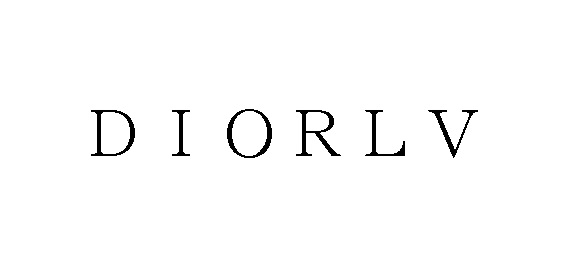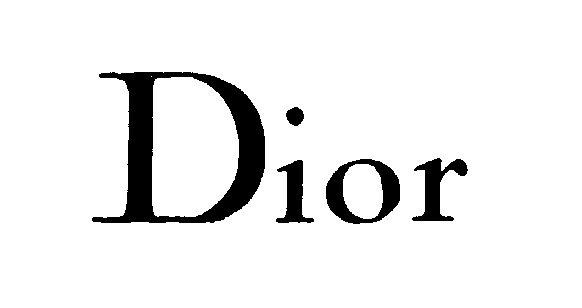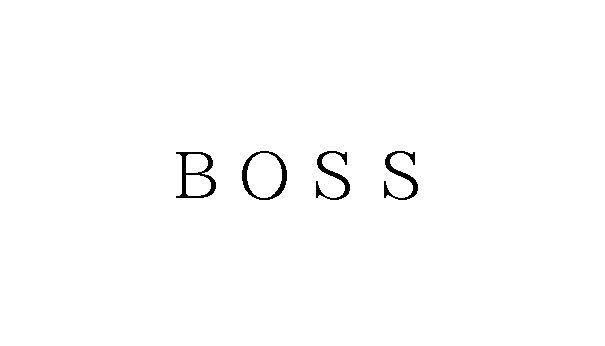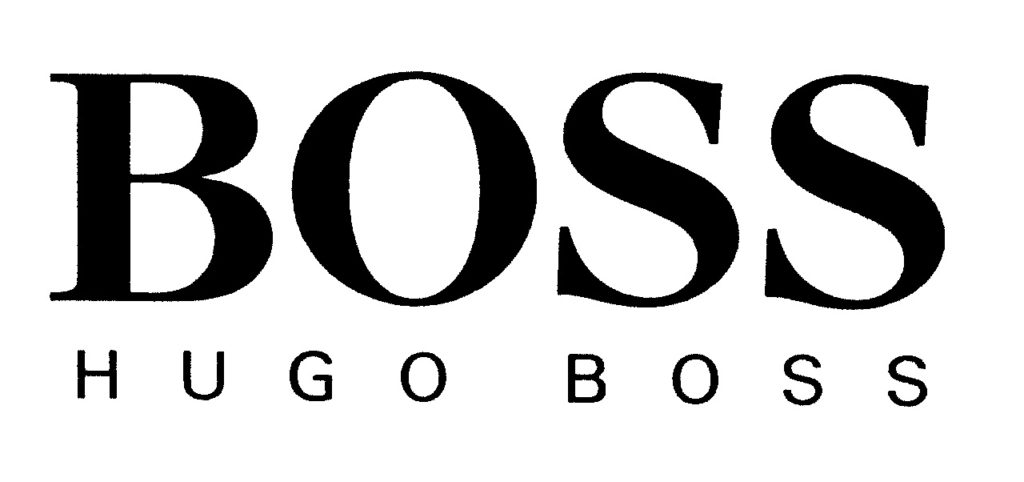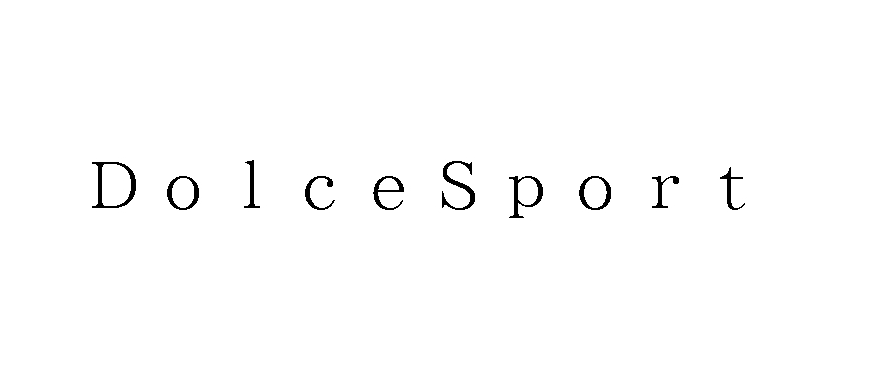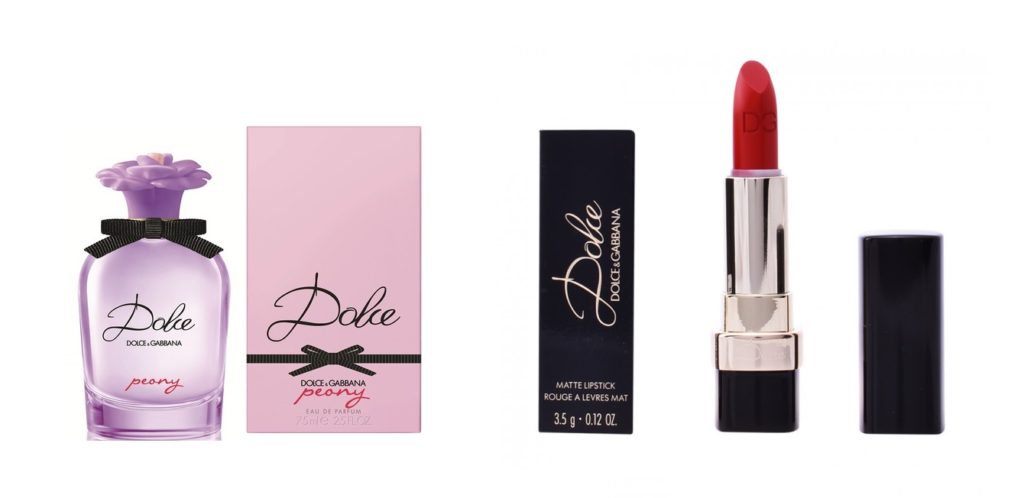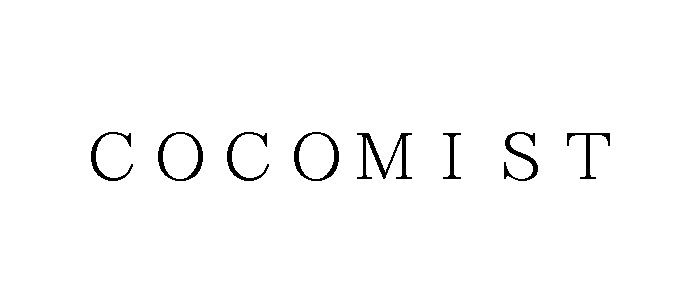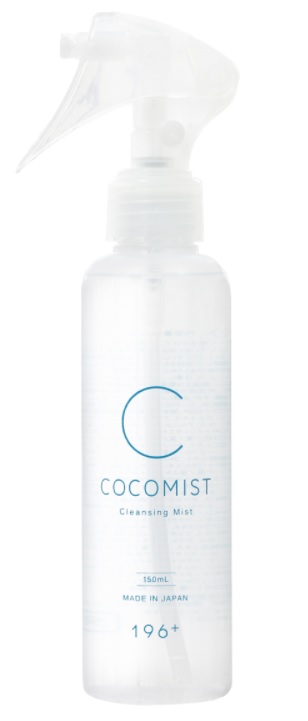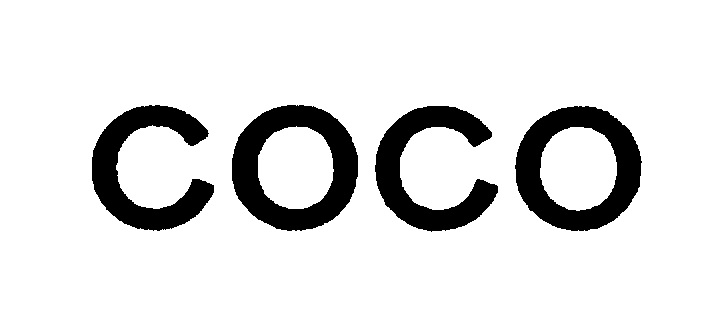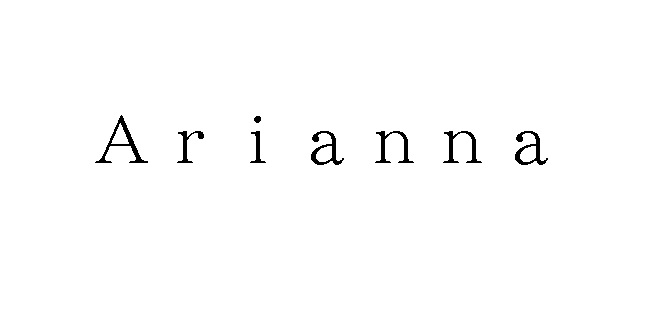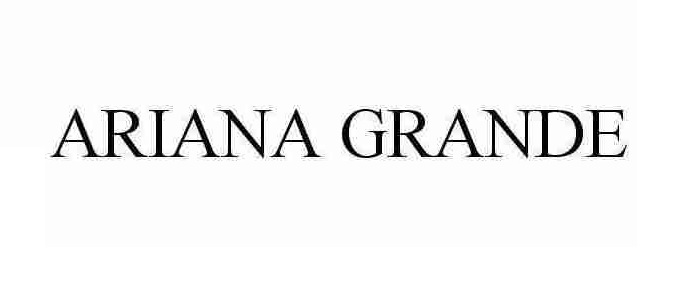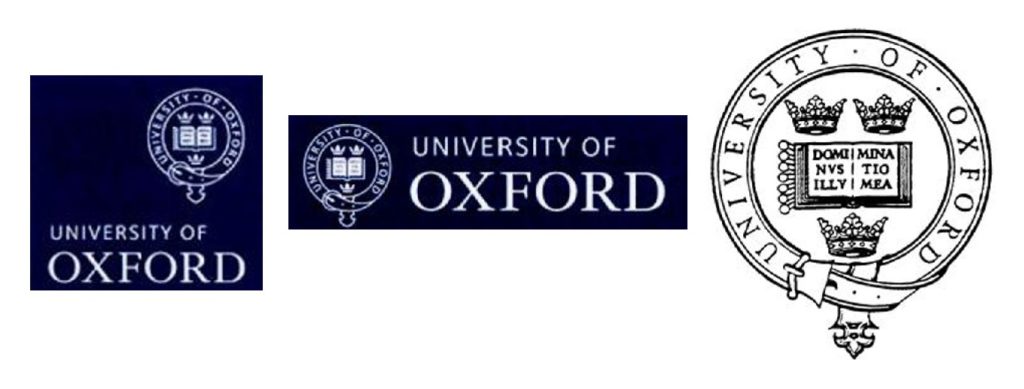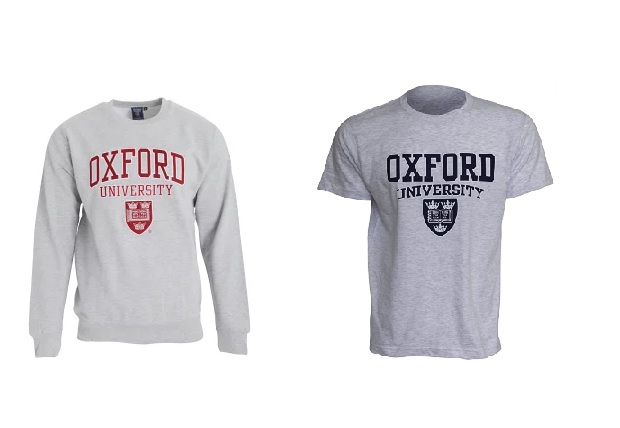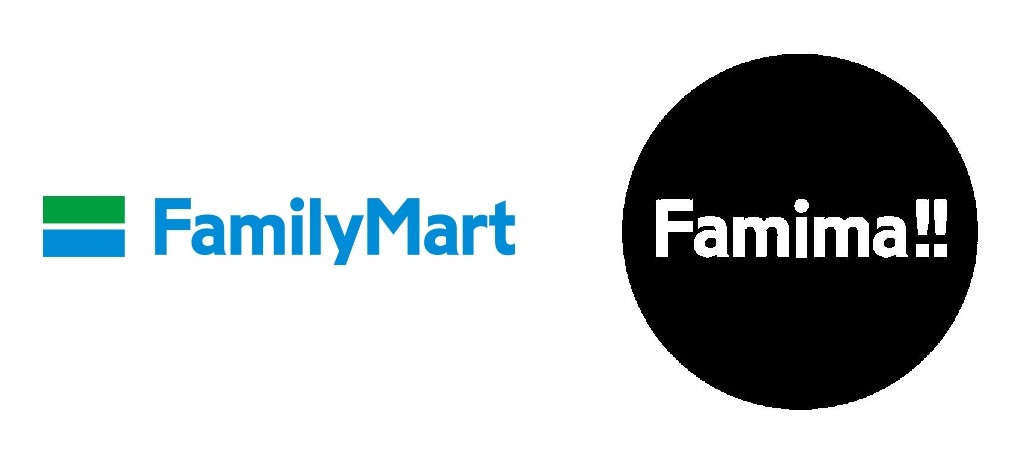On July 29, 2022, the Opposition Board of Japan Patent Office (JPO) dismissed a trademark opposition filed by AUTOMOBILE CLUB DE L’OUEST (A.C.O.), an owner of the mark “LE MANS”, against TM Reg no. 6374059 for wordmark “Le mans de elegance” on apparels in class 25.
[Opposition case no. 2021-900248]
Le mans de elegance
The opposed mark, consisting of the word “Le mans de elegance” in standard character, was applied for use on clothing, garters, sock suspenders, braces [suspenders] for clothing, waistbands, belts [clothing], footwear, masquerade costumes, sports shoes, clothes for sports in class 25 by a Japanese company named Analogue Co., Ltd. on October 15, 2020.

The JPO granted protection on March 12, 2021, and published for opposition on April 27, 2021.
Opposition by ACO
Opponent, AUTOMOBILE CLUB DE L’OUEST, alleged the opposed mark shall be canceled in contravention of Article 4(1)(xi), (xv), and (xix) of the Japan Trademark Law by citing earlier trademark registrations for the LE MANS mark in classes 25.
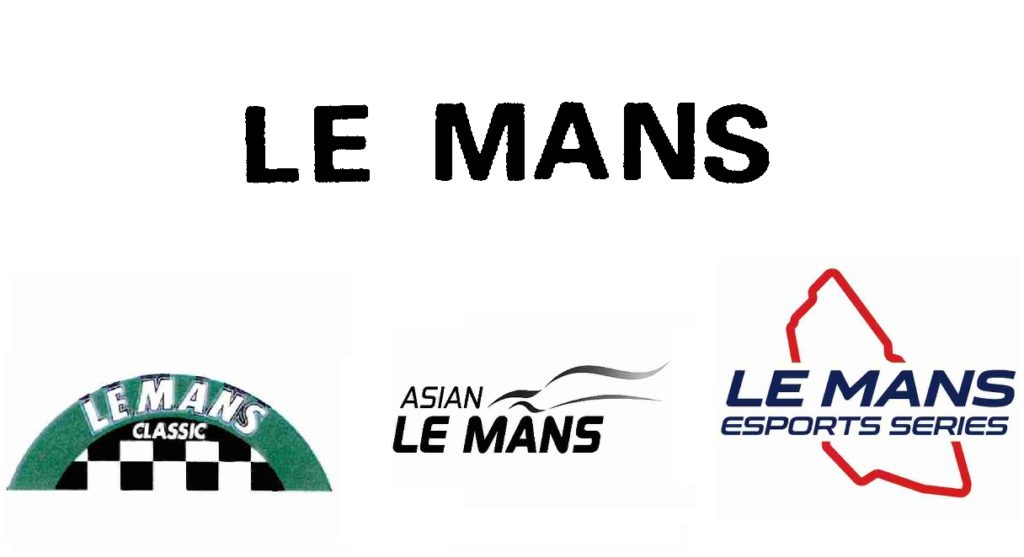
ACO argued that the mark “LE MANS” is famous to indicate the oldest sports car race “24 hours of Le Mans”. Due to the remarkable reputation of the mark “LE MANS” and the descriptive meaning of the term “de elegance” in relation to apparel, relevant consumers would see the literal element “Le mans” as a prominent portion of the opposed mark. If so, both marks shall be deemed similar from phonetical and conceptual points of view. Besides, there are precedent cases in which the JPO admitted close relatedness between automobile races and clothing. Taking into consideration the above facts, it is likely that relevant consumers would confuse the source of goods in question bearing the opposed mark with 24 hours of Le Mans and its organizer, or an entity systematically or economically connected with ACO.
JPO decision
The JPO found “The 24 hours of Le Mans” has been known for a major car race, however, questioned whether the term “LE MANS” has also become famous to indicate the race from the totality of the circumstances and the produced evidence by pointing out a fact that the term “LE MANS” has been frequently used with “24”. Consequently, the Board held the mark “LE MANS” has not acquired a certain degree of reputation and popularity as a source indicator of auto races among relevant consumers in Japan.
The Board assessed the similarity of mark in its entirety and found the opposed mark is dissimilar to the mark “LE MANS” from visual, phonetical, and conceptual points of view by stating that the cited mark gives rise to a meaning of a city in northwestern France.
In view of a low degree of similarity between the marks and recognition of the mark “LE MANS”, the Board has no reason to believe relevant consumers would confuse a source of goods in question bearing the opposed mark with the opponent.
Based on the foregoing, the Board dismissed the entire allegations and decided the opposed mark to remain valid as the status quo.



